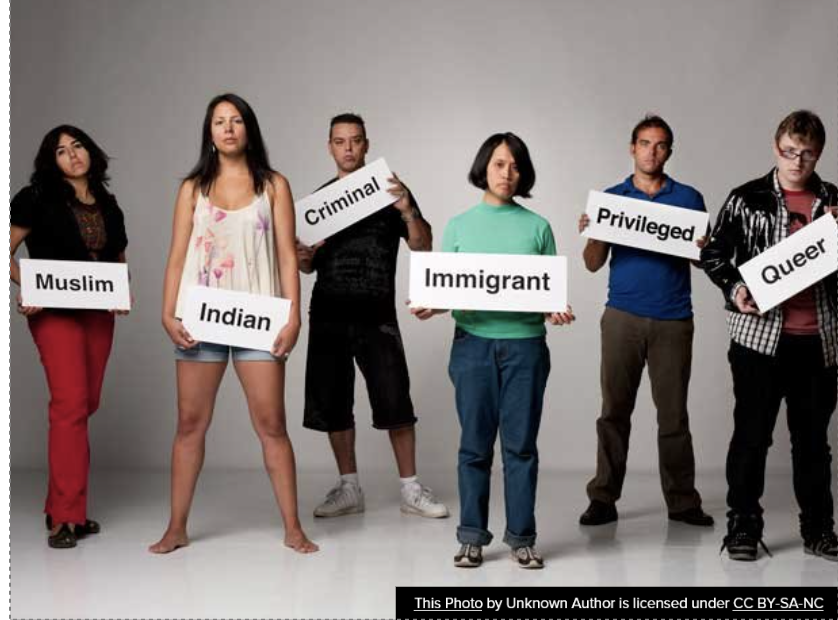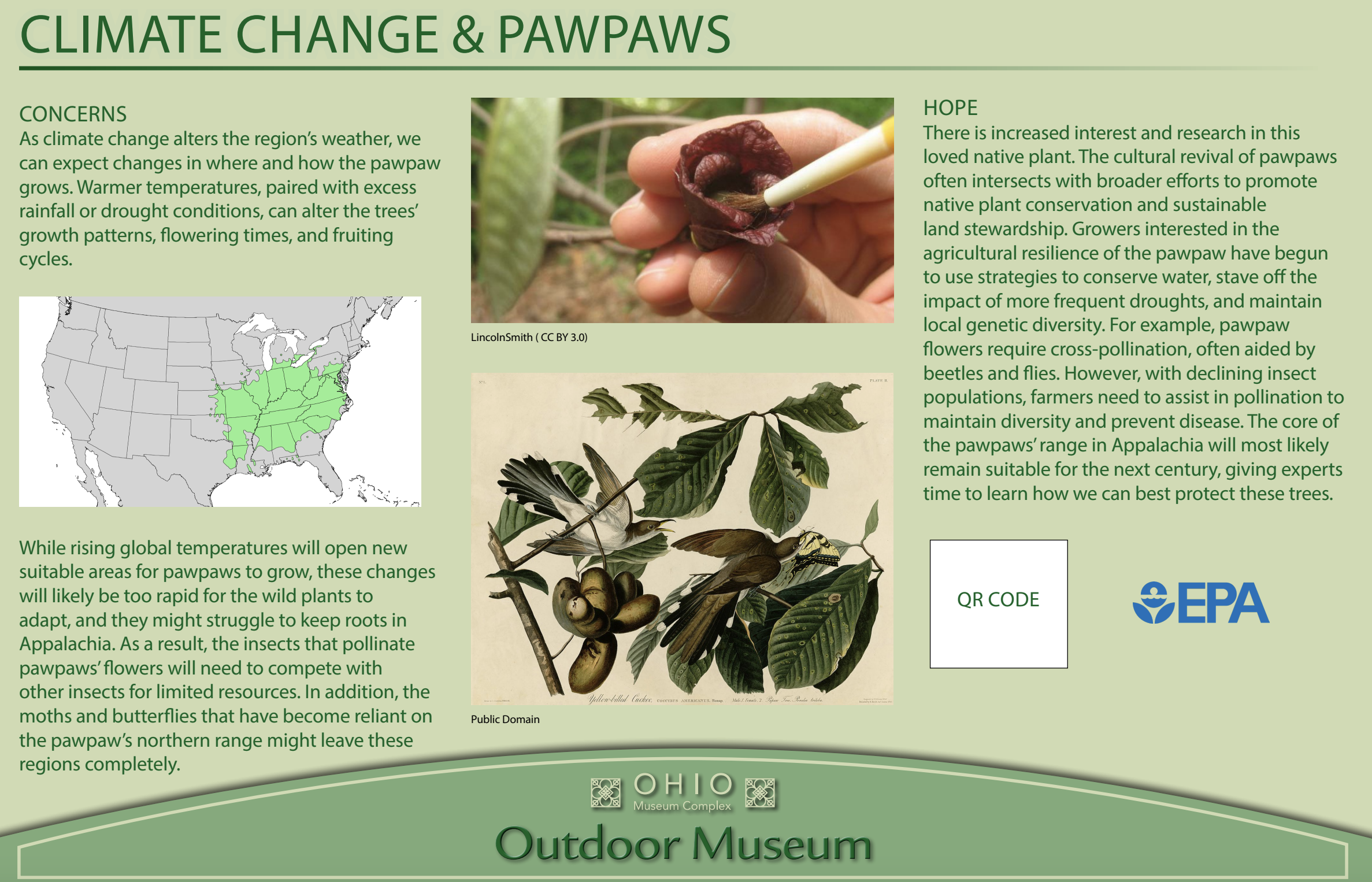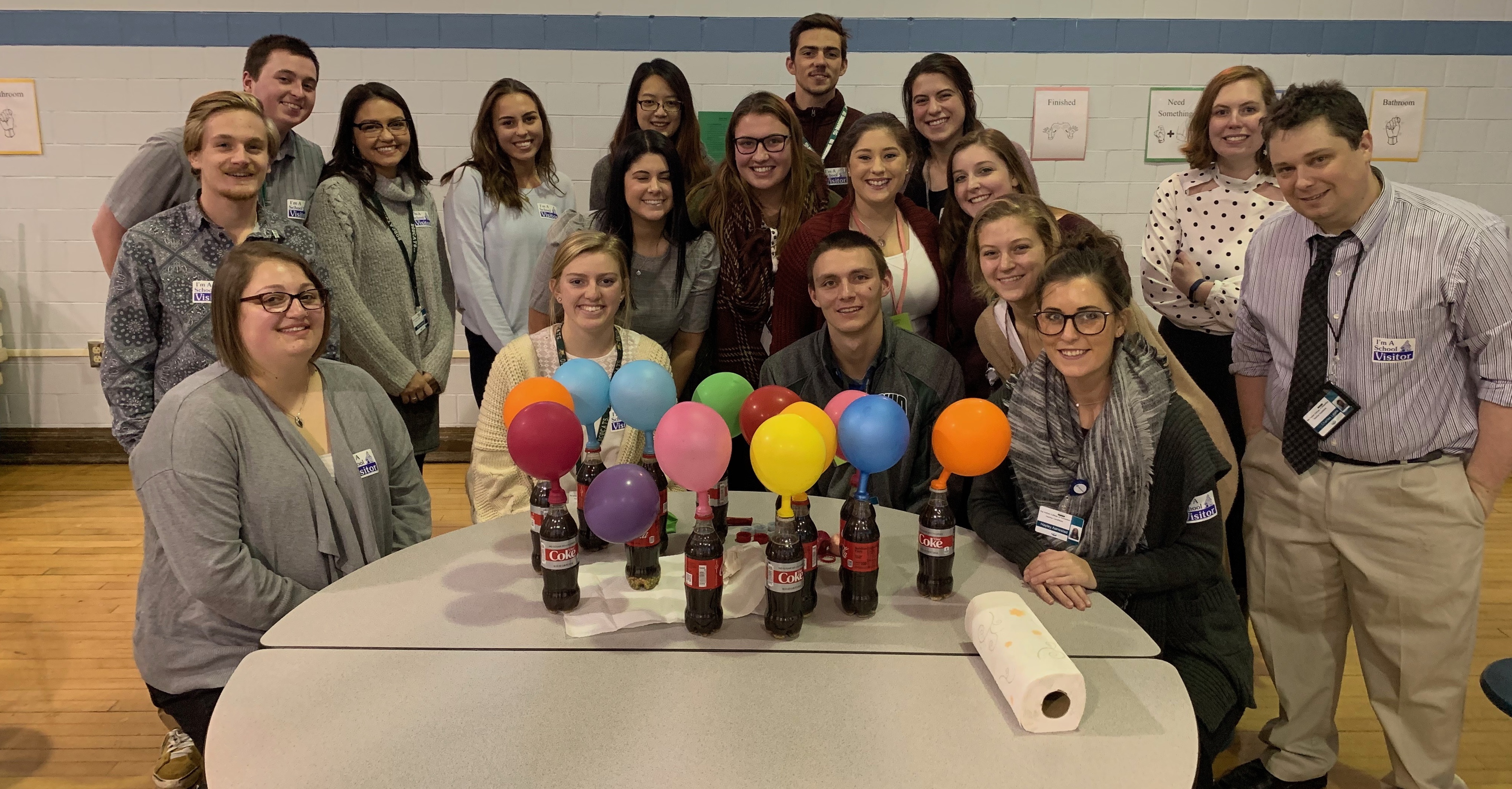Associate Dean for Research & Graduate Studies
As a leader, I am committed to fostering a transformative environment that drives academic excellence in graduate studies, innovation, and research. Integrity, equity, collaboration, inclusion, listening and dialogue, clarity and transparency, careful information and data gathering, and strategic decision-making are essential values that guide my work.
Read more about Danielle's leadership philosophy ↗
Funding
I have leveraged over 4 million dollars in federal, state, regional, and local funding for research, outreach, professional development, and curriculum initiatives.
Keep reading for featured research areas. For more information about my scholarship, review the research ↗ , publications ↗ , or CV ↗ sections of the website.
Teaching and Accreditation
For over 25 years, I have taught graduate and undergraduate classes in curriculum and instruction, science education, educational research, and instructional technology. As an external evaluator, I have reviewed science and science education programs for accreditation in Ohio and international settings.

Featured Research Areas
As a teacher-scholar, my teaching, scholarship, and service converge on transformative practices for supporting teachers and future teachers' preparation and lifelong learning. I am particularly interested in strategies and contexts to support practice-based teacher education and for promoting teachers and future teachers’ cultural competence, using place-based and justice-oriented approaches.
STEM Teacher Preparation & Professional Development
One strand of my work focuses on promoting ambitious STEM teaching in Appalachian and high needs school districts through the active recruitment, preparation, and retention of talented individuals into science and mathematics teaching careers. The video above describes one of these projects, the RALLY for STEM NSF Noyce Project.
Teacher Identity & Cultural Competence

My findings in this strand speak to the importance of leveraging underutilized clinical or practice-based components of educator preparation programs to support teacher candidates' identity development as equity, diversity, and justice-oriented STEM educators. Intentional design of clinical experiences (e.g., science night, STEM camp) coupled with opportunities for critical reflection are paramount.
Explore Research Areas ↗
Science, Environmental, and Climate Literacy

A systems approach is critical to environmental education in today's world. For this reason, many of the projects and findings in this strand highlight collaborative partnerships that engage students, teachers and future teachers, community members, and university members. Leveraging nested, place-based contexts is necessary for promoting environmental and climate literacy and action, on global and local levels, across the lifespan.


